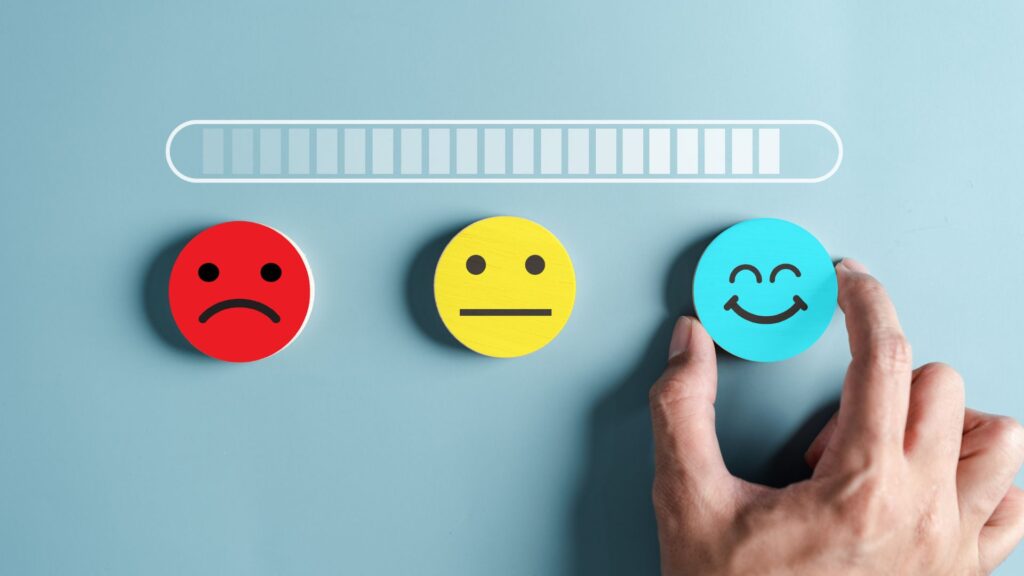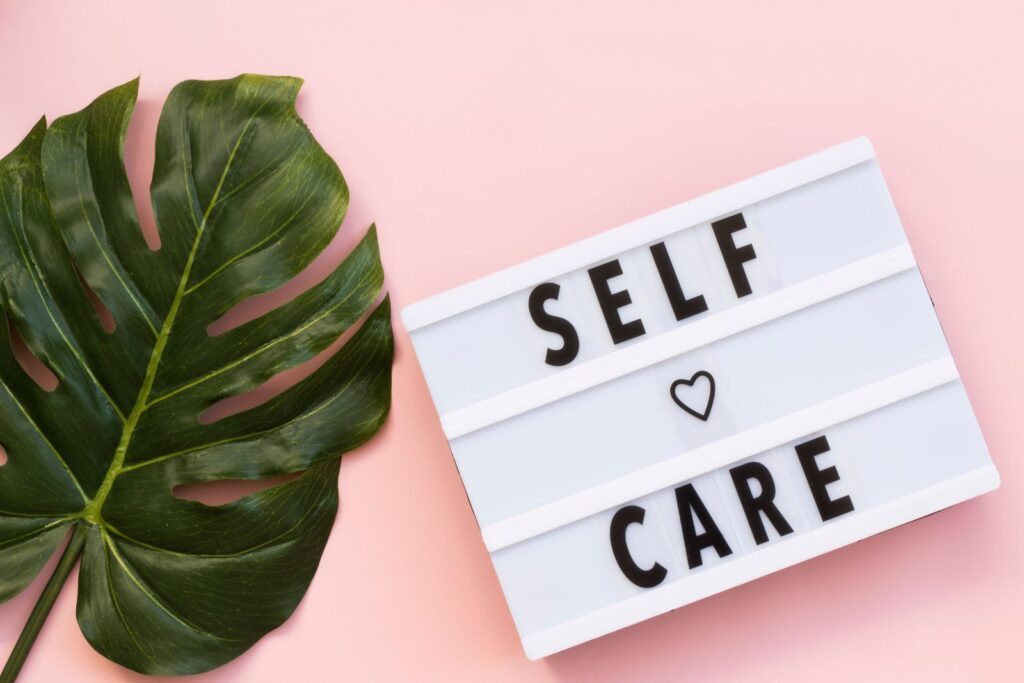Self-care is more than just a buzzword—it’s an essential practice for maintaining mental and emotional health in today’s fast-paced world. The pressure from work, family, and social obligations can often leave us feeling mentally drained and emotionally exhausted. However, by incorporating simple self-care habits into our daily routines, we can significantly enhance our mental well-being. Let’s dive into practical, effective self-care practices that can make a noticeable difference in your life.
Introduction to Self-Care and Mental Health
What is Self-Care?
Self-care refers to activities and practices that we intentionally engage in to take care of our mental, emotional, and physical health. It can be as simple as taking time out to relax or as structured as setting up a daily routine that promotes overall well-being. Self-care isn’t selfish; it’s essential for maintaining balance in our lives.
Why is Mental Well-Being Important?
Mental well-being encompasses our emotional, psychological, and social health. It affects how we think, feel, and behave, influencing our ability to handle stress, connect with others, and make decisions. When we prioritize mental well-being through self-care, we equip ourselves to navigate life’s challenges more effectively.

The Connection Between Self-Care and Mental Health
How Self-Care Improves Mental Health
The relationship between self-care and mental health is symbiotic. When we neglect self-care, it can lead to increased stress, anxiety, and burnout. On the other hand, consistent self-care practices help regulate our emotions, reduce stress levels, and foster a sense of peace.
The Science Behind Self-Care Habits and Mental Well-Being
Research shows that simple self-care habits such as meditation, exercise, and sleep can significantly improve mood and mental clarity. These activities promote the release of endorphins, which are the body’s natural mood lifters, while also reducing the production of stress hormones like cortisol.
Simple Self-Care Habits to Incorporate Daily
The Power of a Morning Routine
Starting your day with intention can set the tone for mental clarity and emotional balance. A consistent morning routine is key to kickstarting a positive mindset.
Mindful Morning Meditation
Taking five to ten minutes each morning for mindful meditation can drastically reduce stress levels and enhance focus. Focus on your breath, clear your mind, and center yourself before diving into your day.
Gratitude Journaling
Writing down three things you’re grateful for every morning can shift your mindset towards positivity and appreciation, which in turn boosts mental well-being.

Physical Activity for a Healthier Mind
Short Daily Workouts
Exercise is one of the most effective ways to improve mental health. A quick 20-minute workout can release endorphins, improve your mood, and increase energy levels.
Walking and Outdoor Time
Spending time outdoors, even if it’s just for a short walk, helps reduce symptoms of anxiety and depression. Nature has a calming effect that enhances mental clarity and relaxation.
Prioritizing Rest and Sleep
The Benefits of a Consistent Sleep Schedule
Quality sleep is crucial for emotional regulation and mental health. Establishing a regular sleep schedule ensures your brain gets the rest it needs to function properly. https://youtu.be/7EnTAd3e2yU?si=mrFIc5s8jAW42Zto
Digital Detox Before Bed
Unplugging from screens an hour before bed can improve the quality of your sleep. The blue light emitted from phones and computers can interfere with your body’s natural sleep-wake cycle.
Nutrition and Hydration for Mental Clarity
Eating for Mental Health
What we eat can have a profound impact on our mental clarity and emotional stability.
Incorporating Brain-Boosting Foods
Include foods like fatty fish, nuts, seeds, and leafy greens in your diet. These contain omega-3 fatty acids and antioxidants that support brain health.
https://youtu.be/aCriEquZs3k?si=Elnn0pRUOQsh87KT
Avoiding Processed Foods and Sugar
High-sugar and processed foods can lead to energy crashes and mood swings. Opt for whole, nutrient-dense foods to maintain stable energy levels.

Staying Hydrated for Focus and Energy
Drinking enough water is essential for brain function. Dehydration can lead to headaches, fatigue, and difficulty concentrating, all of which negatively impact mental well-being.
Social Connections and Setting Boundaries
The Importance of Social Support for Mental Well-Being
Strong social connections are vital for emotional health. Spending time with loved ones or simply talking to a friend can lower stress and increase feelings of happiness.
Setting Boundaries to Protect Mental Health
Learning to set boundaries with others protects your energy and mental health. It’s okay to say no when you need time to recharge.

Emotional Self-Care: Understanding and Managing Your Emotions
Practicing Emotional Awareness
Being aware of your emotions is the first step to managing them effectively. Journaling or talking to a therapist can help you better understand your feelings.
Using Healthy Coping Mechanisms
Instead of turning to unhealthy habits like overeating or withdrawing, practice positive coping mechanisms such as deep breathing, meditation, or talking to a friend.
The Role of Creativity in Mental Health
Engaging in Creative Hobbies
Creative outlets like painting, writing, or playing music can provide a therapeutic escape from everyday stresses, helping you process emotions and relax.
How Artistic Expression Improves Mood
Creative expression stimulates dopamine production, a neurotransmitter linked to pleasure and happiness, which can help combat feelings of depression.
Digital Self-Care: Limiting Screen Time
Reducing Social Media for Mental Clarity
Constant scrolling through social media can leave you feeling drained and mentally cluttered. Set limits on your screen time to boost mental clarity.

Unplugging for Mental Peace
Unplugging from your devices, even for just an hour each day, allows you to reconnect with yourself and the present moment, reducing mental fatigue.
Learning to Say No: Assertiveness as a Form of Self-Care
Why Saying No Can Protect Your Well-Being
Saying no isn’t selfish—it’s necessary for protecting your mental health. It allows you to prioritize your own needs and avoid burnout.
How to Practice Assertiveness Without Guilt
Learning to say no without guilt comes from understanding that you can’t pour from an empty cup. Prioritize your well-being first.
Incorporating Mindfulness and Meditation
The Science of Mindfulness for Mental Health
Mindfulness helps you stay present and reduce anxiety. It’s been shown to improve focus, emotional regulation, and even physical health.
Simple Meditation Techniques for Beginners
Start with a few minutes of deep breathing or body scan meditation each day. These simple techniques can have a profound impact on your mental well-being.
The Importance of Self-Compassion and Positive Self-Talk
How Self-Compassion Heals
Practicing self-compassion means being kind to yourself, especially during difficult times. It helps reduce feelings of self-doubt and promotes emotional healing.
Using Positive Affirmations to Reframe Your Mindset
Daily positive affirmations can shift negative thinking patterns and help you build a healthier relationship with yourself.
Tracking Your Mental Well-Being Progress
Journaling Your Self-Care Journey
Keeping a journal helps you track your emotions, habits, and mental health progress. It’s also a powerful tool for self-reflection.
Setting and Reviewing Personal Mental Health Goals
Regularly setting and reviewing mental health goals ensures that you’re making progress. Celebrate small victories along the way.
https://blissfultrend.com/mindfulness-for-stress-management/
Conclusion: Self-Care as a Lifelong Practice for Mental Well-Being
Self-care isn’t a one-time event—it’s a lifelong commitment to your mental and emotional health. By incorporating simple, intentional habits into your daily routine, you can boost your mental well-being and live a more balanced, fulfilling life.



One Response